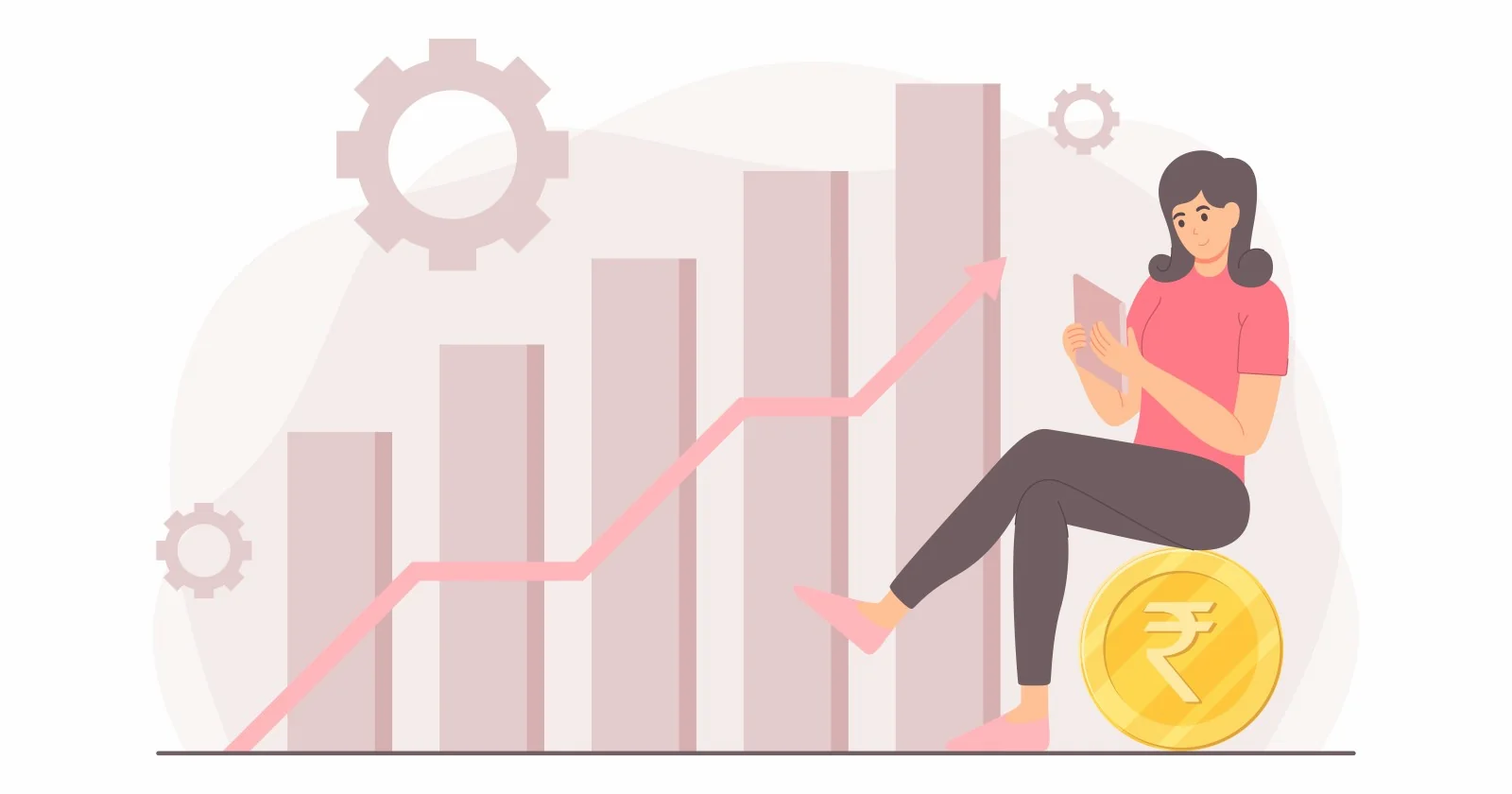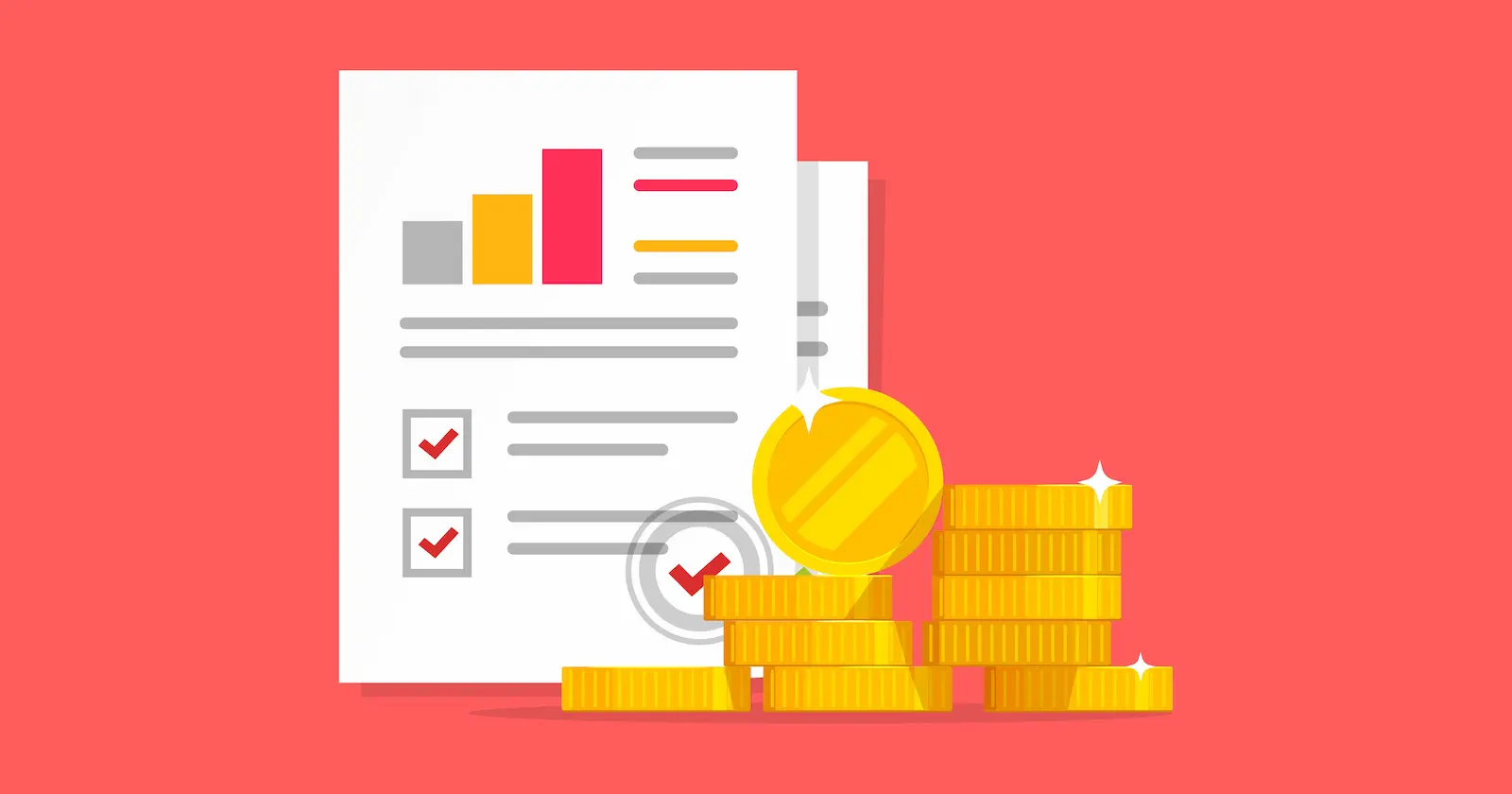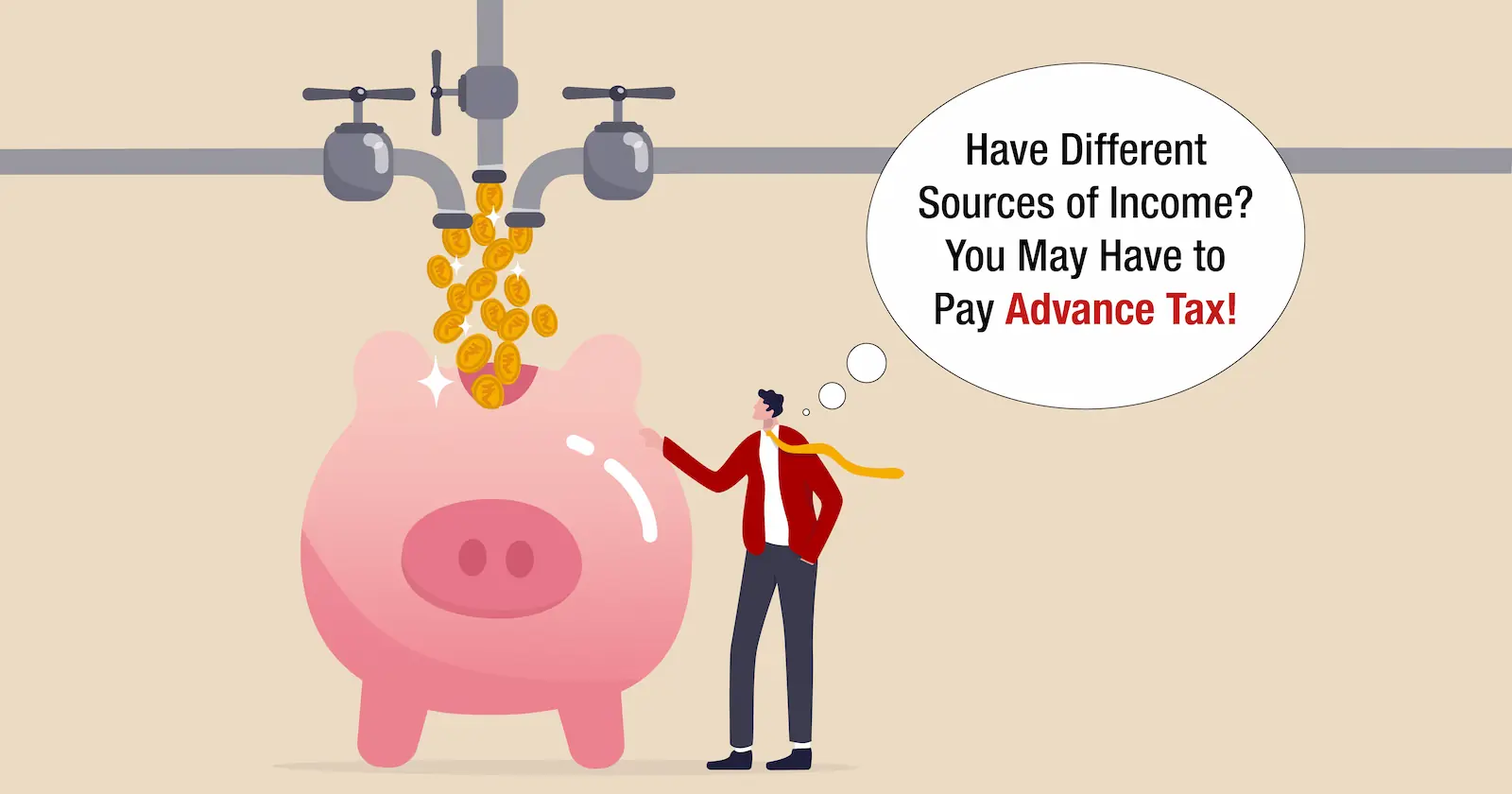Tax Relief and Tax Rebate
Tax Rebate – You may be eligible for a tax rebate (refund) under section 87A of the Income Tax Act,1961 of up to Rs 12,500 if your total taxable income is less than Rs 5,00,000. After taking into account all applicable deductions, exemptions, and allowances, the total taxable income is determined. Both the old and new tax regimes allow for the tax rebate.
Tax Relief – If you received any salary delays during the fiscal year, you may be eligible for tax relief under Section 89.
Effect of Salary Hike on Taxation
Let us take an example to understand the effect of salary hike on taxation.
Let's say you previously earned Rs. 5,00,000. Due to your great performance, your updated remuneration has been raised to Rs 5,50,000 by 10%. Your salary is now taxable, and in order to avoid a fine, you must pay a 5% tax on Rs. 5,00,000, which comes to Rs. 12,500. On any amount larger than Rs. 5,00,000, you will be compelled to pay 20% tax, which in this case equals Rs. 10,000. You must therefore pay the government a total of Rs. 22,500 (exclusive of cess) in taxes because your remuneration was increased to Rs. 5,50,000.
How do taxes work?
Once an individual earns more than the basic exemption limit which is chargeable to tax as per the provisions of Income Tax Act, 1961, they would have to pay taxes as per the slab rates. The following is a comparison of the old tax rates and new tax rates:
| Tax Slab(₹) | Old Tax Regime Rates | New Tax Regime Rates |
|---|---|---|
|
0 – 2,50,000 |
0% |
0% |
|
2,50,000 – 5,00,000 |
5% |
5% |
|
5,00,000 – 7,50,000 |
20% |
10% |
|
7,50,000 – 10,00,000 |
20% |
15% |
|
10,00,000 – 12,50,000 |
30% |
20% |
|
12,50,000 – 15,00,000 |
30% |
25% |
|
Above Rs. 15,00,000 |
30% |
30% |
Suggested Read: Old Tax Regime vs New Tax Regime
Here is a list of five steps to decrease your tax liability:
- Claiming tax exemption under Section 80C of the Income Tax Act: You can invest your hard-earned money in a wide variety of tax saving schemes, and claim a maximum exemption of ₹1.5 lakh under Section 80C of the act. By purchasing tax-saving products, you can benefit from Section 80C's benefit of lowering your tax obligation. For investments made in Public Provident Fund (PPF), Employees' Provident Fund (EPF), Equity Linked Saving Schemes (ELSS) ,5 Year Fixed Deposits with Banks and Post Office, Life Insurance Premium, Principal Repayment on Housing Loan, Unit-Linked Insurance Plans (ULIPs), etc., a maximum of Rs 1,50,000 p.a. can be allowed as a deduction under this section.
- Claiming tax exemption for making contributions to the National Pension Scheme: Another way to receive exemption from tax is to invest in the government sponsored NPS. After retirement, the NPS provides a worker with both a lump sum payment and a monthly pension, or set monthly income. Employer contributions to NPS are tax deductible up to 10% of salary, with a maximum deduction of Rs. 1.5 lakh. A further exemption of Rs. 50,000 is also provided if the employee contributes to the NPS.
- Claiming tax exemption for making premium payments for health insurance: Section 80D allows you to deduct the premiums you paid for health insurance that covered you, your spouse, and/or your dependent children. The maximum deduction that may be made each year is Rs 25,000. (or Rs 50,000 p.a. in case you are a senior citizen). You qualify for an additional deduction of Rs 25,000 per year if you additionally pay your parents' medical insurance premiums (or Rs 50,000 p.a. in case your parents are senior citizens).
- Claiming tax exemption on House Rent Allowance and on payment of rent: It is a sum of money that an employer gives to employee to cover the cost of living at the workplace. Although HRA is eligible for a deduction under Section 10(13A) of the Income Tax Act, it may also be partially or entirely taxable. Your salary, the HRA you got, the rent you pay, the location of your employment and dwelling, and other factors all play a role in calculating the HRA deduction.
Least of the following is exempt:
- Actual HRA Received
- 40% of Salary (50%, if house situated in Mumbai, Kolkata, Delhi or Chennai)
- Rent paid in excess of 10% of salary.
If you live with your parents, and you are paying them rent and getting a receipt for the same, you can claim the HRA deduction for the same. Additionally, your parents must report the rental income in their tax return.
- Tax deduction on interest of home loan: As per Section 24 of the act, Interest on loan taken for the purchase of a house property is available for deduction. If the property is occupied by you, the maximum deduction is Rs 2,00,000, however in this section there is no limit on deduction if the property is rented but limited to interest actually paid. However maximum deduction that can be claimed under the head income from house property is Rs. 2,00,000 for the relevant Financial Year.





Comments